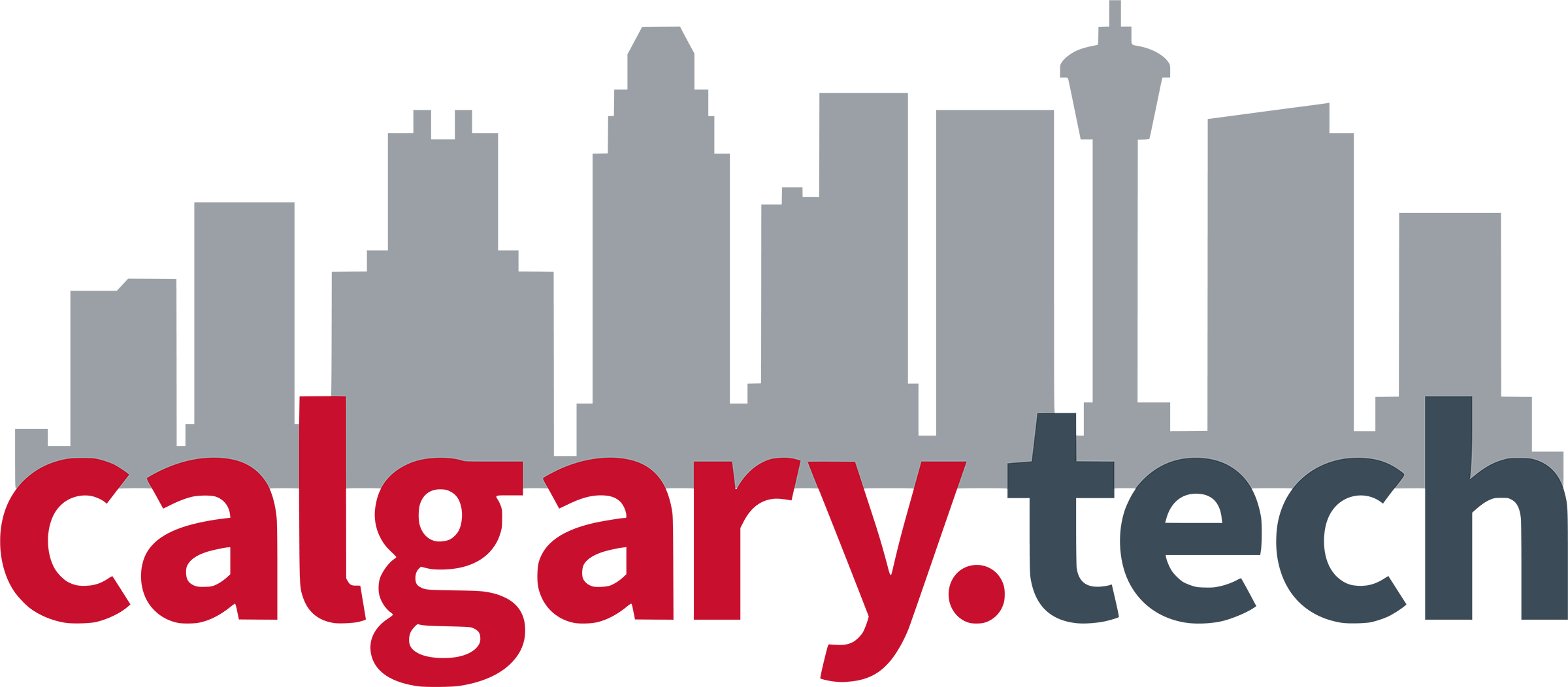
A nonprofit operating at the intersection of real estate, technology, and entrepreneurship in Canada this week released its third annual report on the state of prop-tech across the nation.
Proptech Collective’s 2023 report reveals an array of insights into Canada’s prop-tech landscape, from where and how ecosystems are flourishing to who’s raising the most capital.
There are now more than 500 prop-tech firms founded in Canada, according to the Collective report, with more than three-quarters of those companies concentrated within five major hubs: Toronto, Vancouver, Montreal, the Kitchener-Waterloo corridor, and Calgary.
While nearly half of all prop-techs in Canada are located within the Greater Toronto Area, Alberta is establishing its own ecosystem of real estate disruptors, the report reveals.
For example, the province currently has more than 40 prop-tech firms operating, representing 9% of Canada’s total. This renders Calgary the fourth largest hub in the country, just behind Quebec, and bigger than the Prairies and Atlantic regions combined.
As technological disruption of real estate emerges recently but rapidly, it’s no surprise that prop-techs are more likely to be startups than incumbents, with 75% of firms founded within the last decade, and more than 30 established within the last year.
Over the last decade, between 30 and 55 new prop tech firms have been founded in Canada each year, according to the Collective report. Putting aside a two-year pandemic-powered slowdown, long-term growth in new firms launching annually has been notable—just 7 prop-tech companies were established in 2008, for example.
Should this trajectory continue, for its share Alberta can expect at least 3 to 5 new startups disrupting the real estate sector each year.
And this figure may be conservative, considering that the need for prop-tech startups is perhaps higher than ever, according to Stephanie Wood, who headed the report for Proptech Collective.
“As the global real estate market is faced with challenges related to both interest rates and sustainability, innovation is critical to pave a positive and stable path forward,” stated Wood, who also serves as Vice President of Alate Partners, a Toronto-based investor in Canadian prop-techs. “Proptech founders, VC investors, and real estate leaders must lean on technology to become more efficient and build more resilience.”
Frank Magliocco, Real Estate Leader for PWC Canada, agrees, stating that tech-forward solutions is necessary given current economic conditions.
“At a time of industry headwinds ranging from interest rates and financing issues to rising construction costs and productivity challenges, the need to adopt digital solutions that increase efficiencies and grow revenues has become even more pressing,” he said.
But can a digital transformation of Canada’s real estate industry be achieved?
Wood believes that “Canada has the talent and means to do so,” with evidence backing up her statement found in the Collective report.
“Reflecting on the last three editions, it’s clear that the sector has experienced a surge of interest and we’re proud of the market’s growth, which has continued to position Canada as a hub for real estate innovation,” she explains. “This year’s report is a celebratory look back on the growth and achievements of the sector, but also a critical look forward at what’s needed to be as competitive as possible.”
Prop-tech ecosystem support appears robust—locally and nationally—with several Canadian accelerators targeting innovation in the sector, including Calgary-based Harvest Venture Builders.
Meanwhile, Calgary prop-techs Propra and Collegium were among seven startups recently selected by Second Century Ventures for its 2024 REACH Canada program.
And startups in prop-tech are also often well-funded. A list of the top-funded prop-tech firms in Canada includes Edmonton’s Jobber, who this year raised another US$100 million.



Leave a Reply